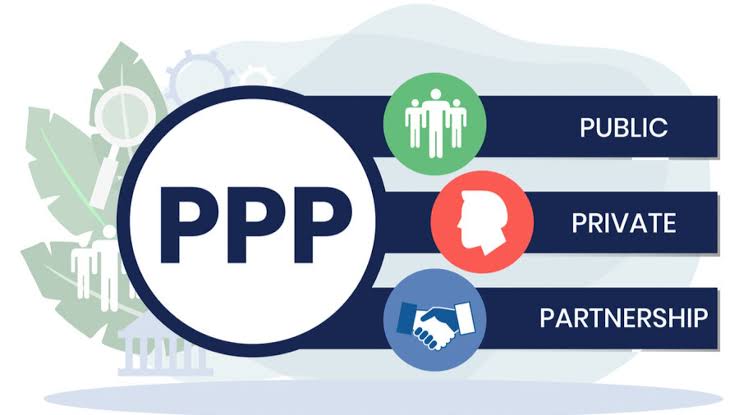By: Tijani Salako
Engineers have raised concerns that favoritism in awarding contracts is undermining the transparency and integrity of the Public-Private Partnership process.
The former Registrar of the Council for the Regulation of Engineering in Nigeria, Dr Felix Atume, made this observation at the Nigerian Academy of Engineering 2025 yearly lecture entitled ‘Bridging infrastructure gap in Nigeria: the role of the private sector’ in Lagos.
He said, “Corruption significantly affects the integrity of PPP processes. The problems are the non-transparent procurement, favoritism in awarding contracts, and manipulation of concession agreements. The impact is that it discourages reputable international investors and undermines value-for-money outcomes.”
Relaying this to the infrastructural deficit in the country, Atume noted that despite the recognised potential of Public-Private Partnerships to bridge Nigeria’s vast infrastructure deficit, particularly in the road sector, several critical barriers have undermined their effectiveness.
He said, “A review of Nigeria’s experience shows the following major challenges: Nigeria’s legal environment for PPP remains underdeveloped and fragmented.
Although the Infrastructure Concession Regulatory Commission Act of 2005 provides a foundation, it is not sufficiently robust to support complex and long-term PPP arrangements.
“There is a lack of harmonised and comprehensive PPP legislation at federal, state, and local government levels. Uncertainties in laws governing concessions, land rights, and dispute resolution make enforcement difficult. The legal uncertainty discourages private investors who require predictable and enforceable frameworks to safeguard their investments.
The Nigerian PPP institutional architecture suffers from weak coordination and excessive bureaucracy, and the problems are overlapping responsibilities among government agencies, protracted approval processes, and inadequate technical expertise to design, evaluate, and manage PPP contracts impact. These factors lead to significant delays, increased transaction costs, and investors disinterest.
“In addition, frequent political changes and weak governance structures result in disruptions of existing PPP contracts, creating a high-risk environment for private investors. Premature termination of concession agreements and politicisation of project decisions undermine investor confidence. Investors face heightened political risks, which often results in demands for higher returns to compensate for uncertainty.”












